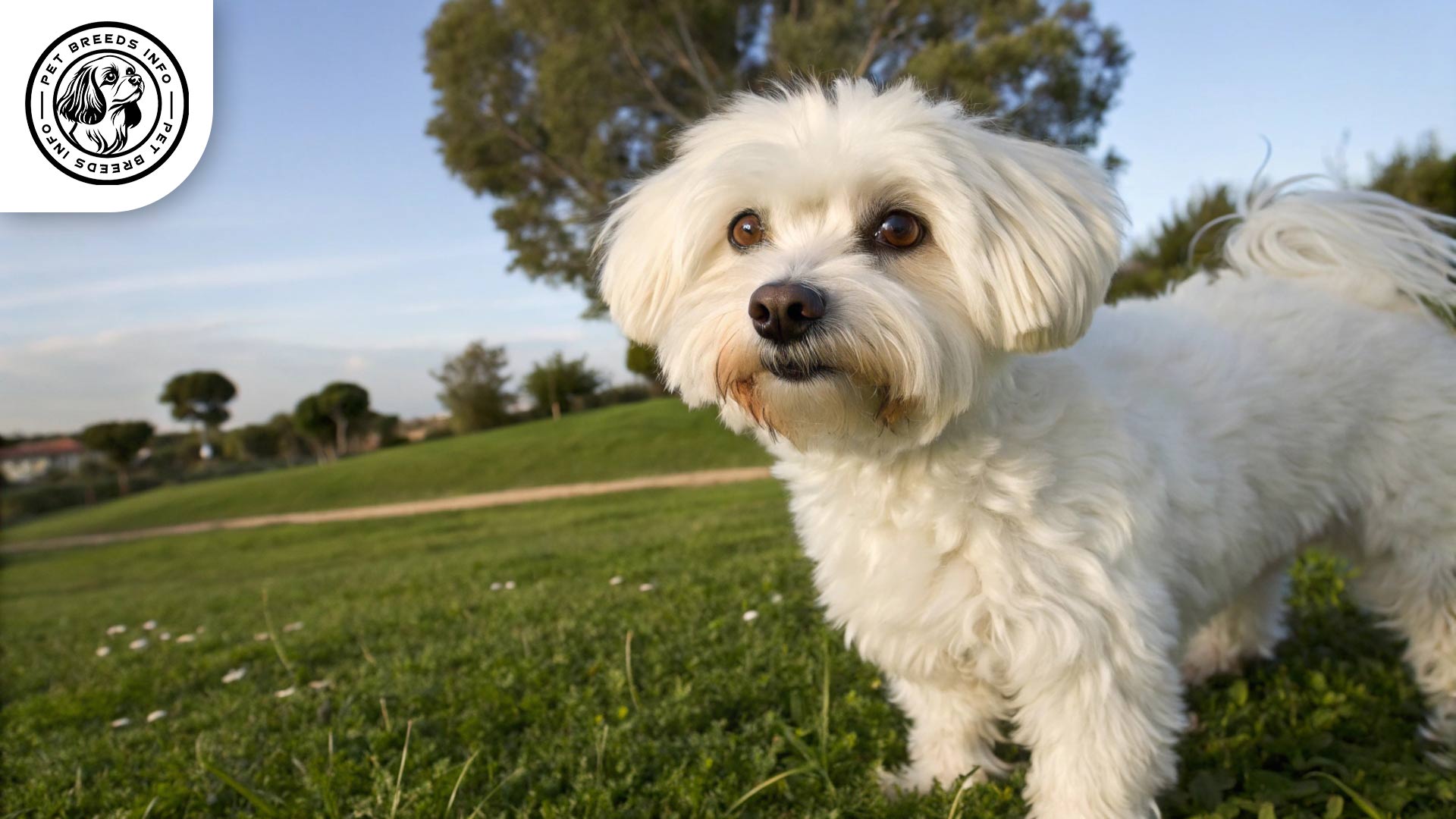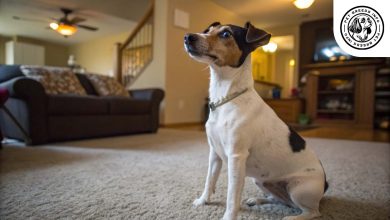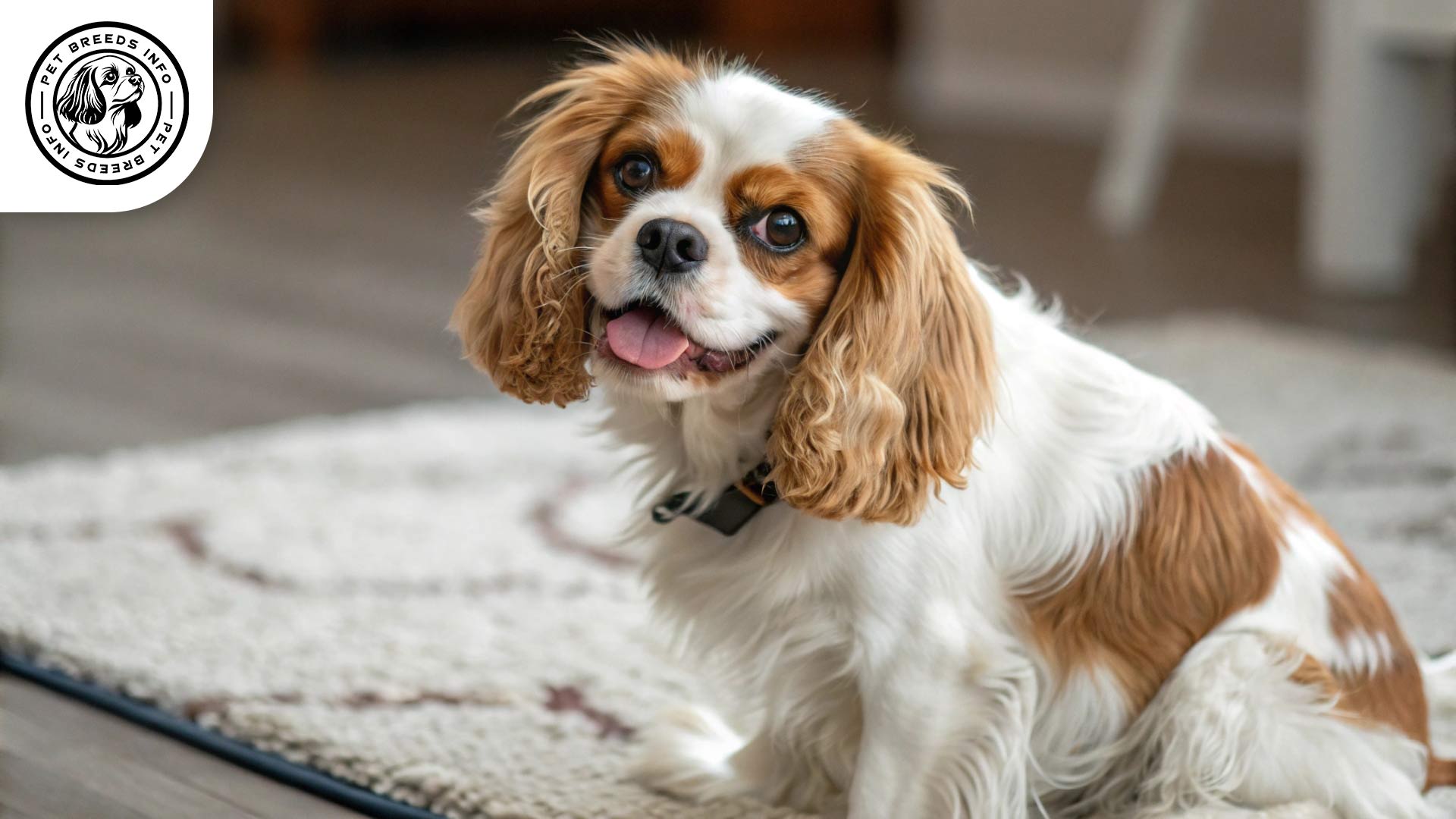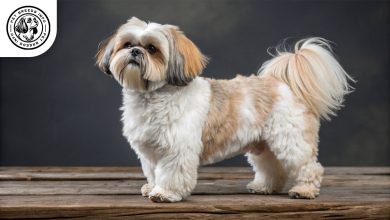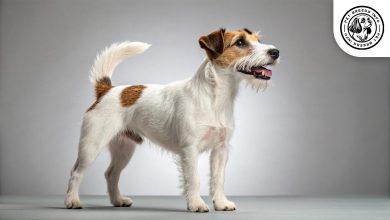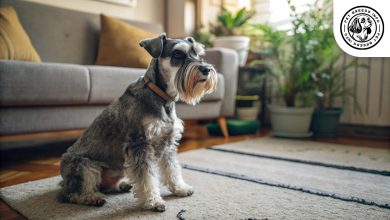Maltese Sheepdog Breed: Size, Health, Price & Personality
General Introduction of the Breed
The Maltese Sheepdog, also known as the “Kelb tal-Klieb” in Maltese, is a rare herding breed that originates from Malta. This breed was historically utilized for sheep herding and livestock guarding, playing a significant role in rural farming communities. Although not as widely recognized as other herding breeds, the Maltese Sheepdog remains a loyal and hardworking companion.
Table of Contents
| Weight | 40-55 pounds |
| Lifespan | 12-15 years |
| Diet | Balanced, high-quality dry or wet food. Avoid chocolate, onions, garlic, grapes, and fatty foods. Two meals per day for adults. |
| Care | Daily exercise, regular grooming (brushing, bathing, nail trimming, ear cleaning), sensitive to heat. |
| Health | Prone to hip dysplasia, progressive retinal atrophy, digestive sensitivities, and skin allergies. Regular vet checkups are essential. |
| Color | White, cream, light gray. |
| Nature | Intelligent, loyal, trainable, affectionate, protective, herding instincts. |
| Price | $800 – $2,000 (varies based on breeder and location). |
Physical Characteristics
The Maltese Sheepdog is a medium-sized breed, with males typically standing between 18 to 22 inches tall and females measuring slightly smaller at 17 to 21 inches. Their weight ranges from 40 to 55 pounds.
The breed’s coat is thick and slightly wavy, providing protection against harsh weather conditions. Common coat colors include white, cream, and light gray.
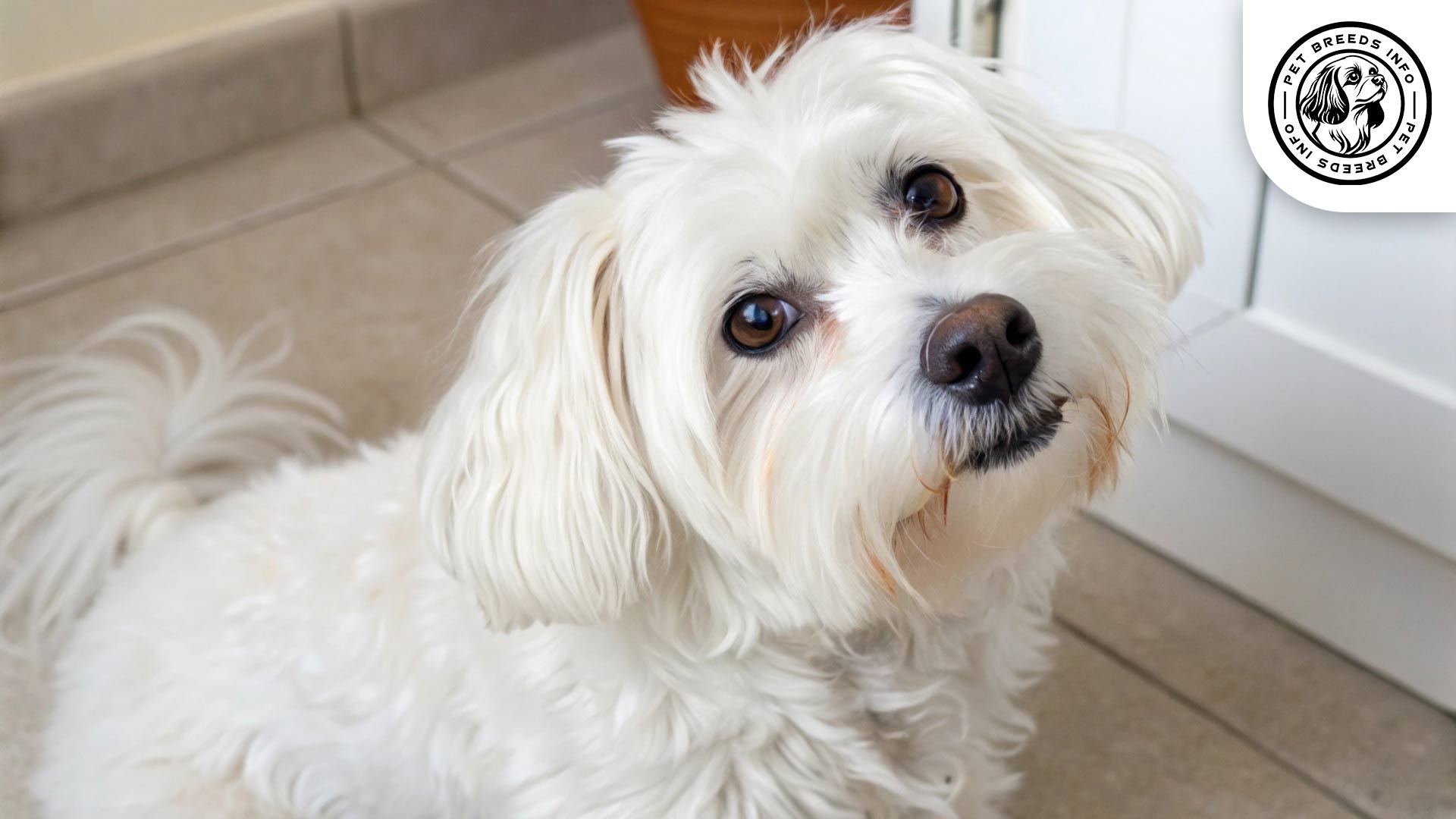
They have dark, expressive eyes that are oval-shaped, and their ears are medium-sized, slightly drooping with a rounded tip. Their tail is bushy and often carried in a gentle curve.
One of their most distinctive physical traits is their dense coat, which requires regular maintenance to prevent matting and tangling.
Read More: Serbian Tricolour Hound
Personality and Temperament
The Maltese Sheepdog is highly intelligent and quick to learn commands, making training relatively easy. They have a moderate to high energy level and require regular exercise to stay physically and mentally stimulated.
They form strong bonds with their owners and prefer being close to their family members. Their loyalty makes them excellent watchdogs.
Social behavior depends largely on socialization efforts. With proper training, they get along well with children and other pets. They have some herding instincts and may attempt to “herd” smaller animals or children through gentle nudging.
This breed is sensitive to environmental changes and prefers a stable, structured routine.
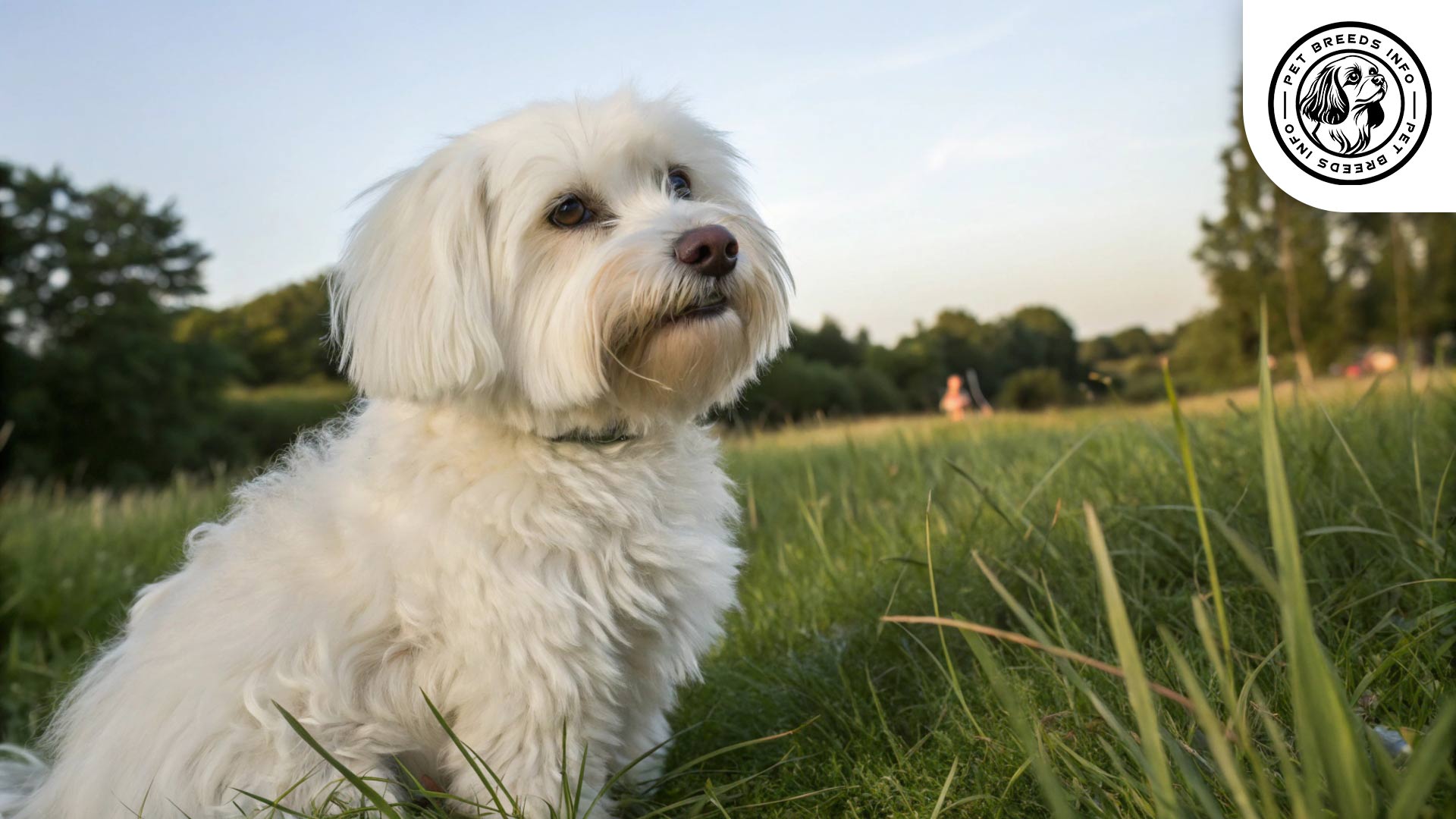
Care and Maintenance Requirements
This breed needs daily physical and mental stimulation, such as long walks, runs, or play sessions. They adapt well to homes with yards but can manage in apartments if given sufficient exercise.
Their thick coat requires frequent brushing to prevent tangles and matting. Regular bathing, nail trimming, and ear cleaning are necessary for hygiene.
They are moderately sensitive to extreme heat and should not be overexposed to hot environments.
Diet and Nutrition
A balanced diet consisting of high-quality dry or wet dog food is recommended. Some owners may opt for a raw or natural diet, but it should be well-balanced.
Avoid feeding chocolate, onions, garlic, grapes, and excessively fatty foods.
Portion sizes should be adjusted based on age, weight, and activity level, with adult dogs requiring two meals per day.
Read More: Bosnian Coarse-haired Hound
Health and Common Medical Issues
Common health concerns in this breed include hip dysplasia, progressive retinal atrophy, and digestive sensitivities.
They are prone to skin allergies, so a well-monitored diet and grooming routine are essential.
Their average lifespan ranges from 12 to 15 years with proper care.
Basic vaccinations, parasite prevention, and regular vet checkups are necessary for overall health.
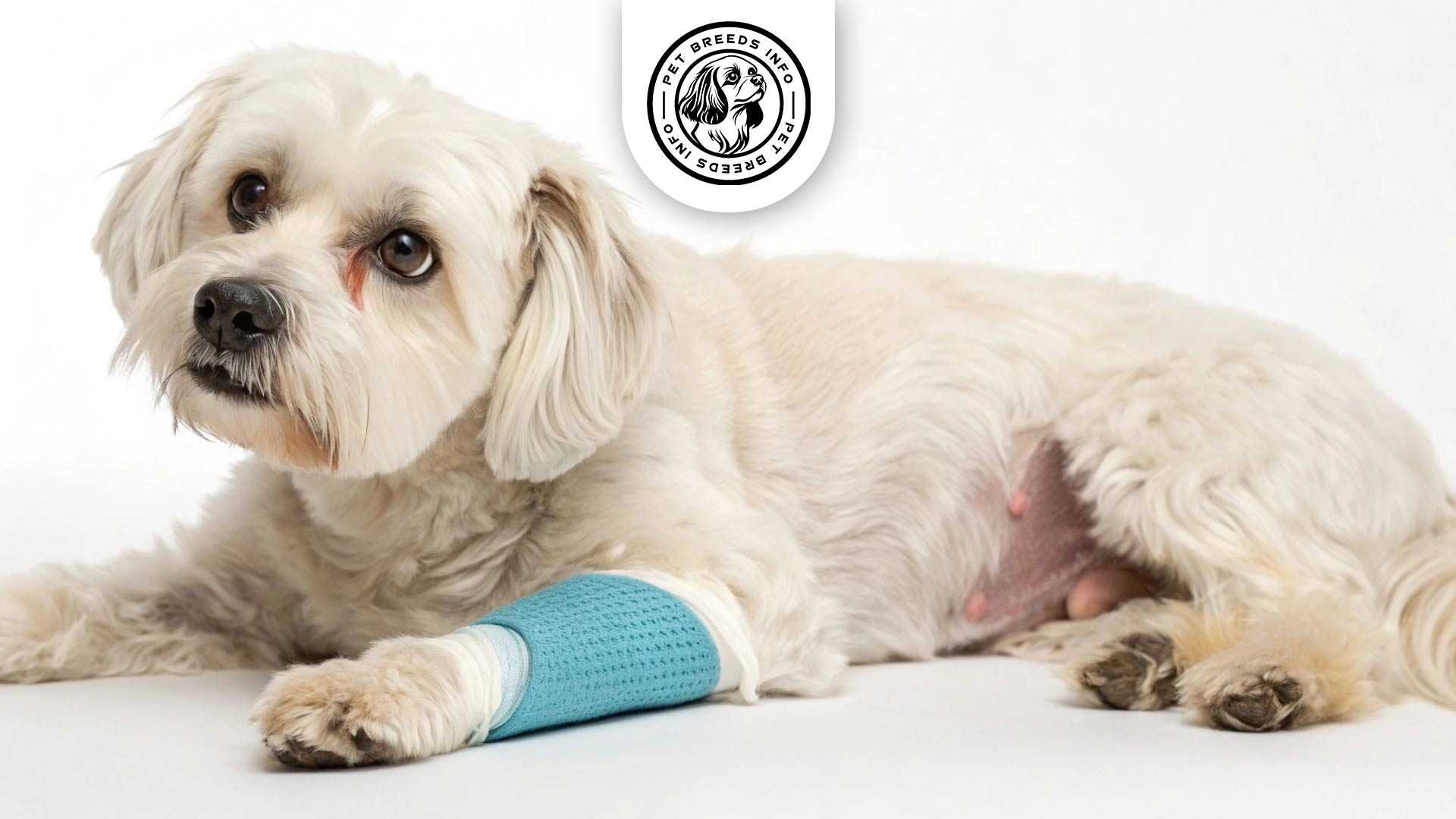
Training and Behavior Management
This breed is highly trainable due to its intelligence. Positive reinforcement techniques, such as treats and praise, work best.
Early socialization is crucial to prevent shyness or wariness around strangers.
Consistency and patience are key, as they respond best to structured routines.
Interaction with Other Animals and Humans
The Maltese Sheepdog is typically friendly and protective toward children, making them a great family pet.
They can coexist with other pets if introduced gradually. Some may have a tendency to herd, which should be managed through training.
This breed thrives on companionship and is well-suited for families or individuals looking for an affectionate, intelligent pet.
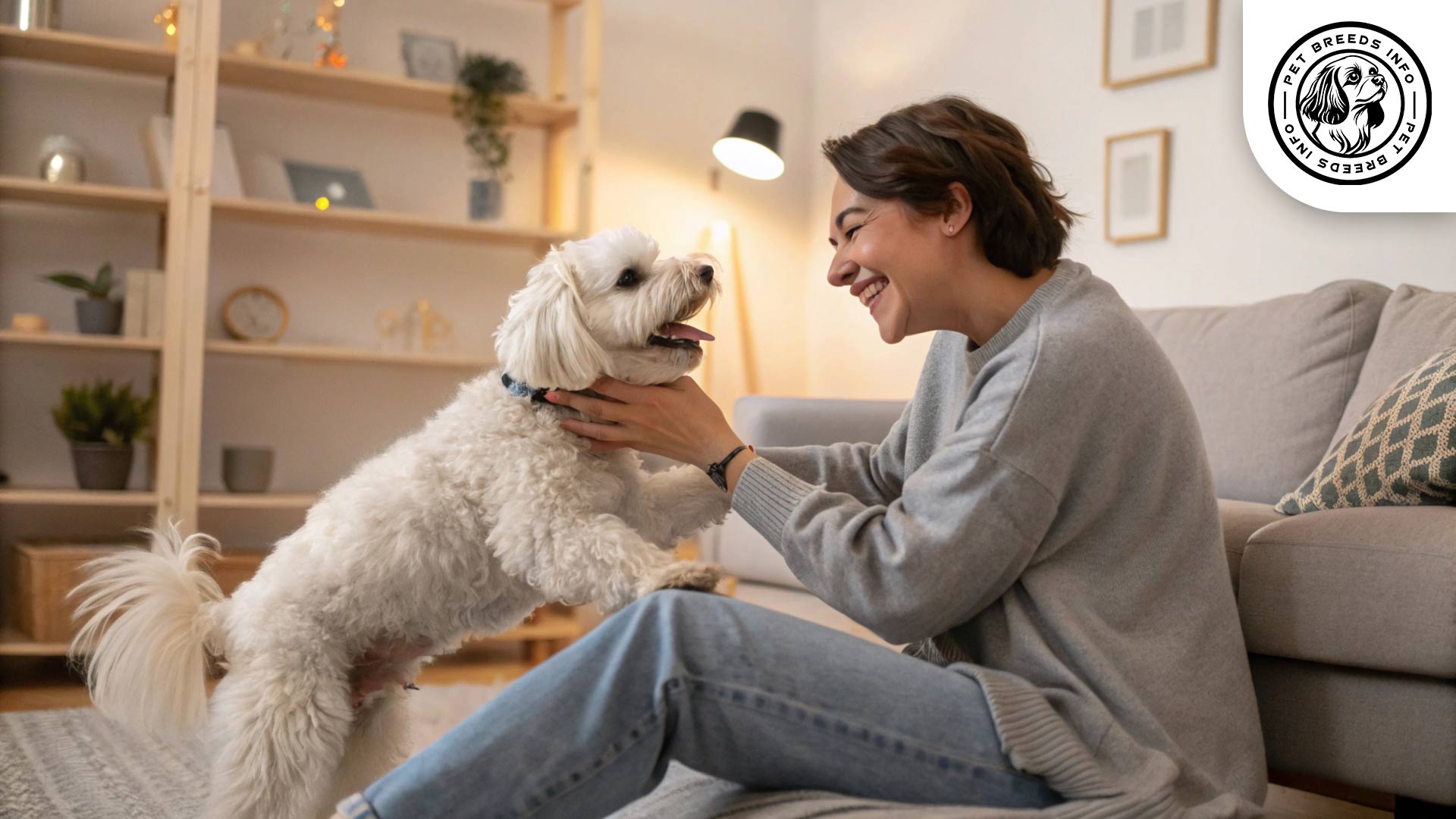
Price and Availability
The price of a Maltese Sheepdog varies based on breeder reputation and location, with costs typically ranging from $800 to $2,000.
Prospective owners should research reputable breeders or consider adoption from shelters and rescue organizations.
Health screenings and background checks on breeders are crucial to ensure they follow ethical breeding practices.
Read More: Estonian Hound Dog
Conclusion and Final Thoughts
The Maltese Sheepdog is a versatile, intelligent, and affectionate breed, making it a great companion for active families and individuals.
They require regular exercise, consistent training, and ample grooming to stay healthy and happy.
Potential owners should be prepared for their strong attachment to family members and moderate sensitivity to environmental changes.
If you are looking for a loyal, protective, and trainable dog with a strong work ethic and a loving personality, the Maltese Sheepdog could be the ideal breed for you.
FAQ
How much exercise does a Maltese Sheepdog need?
They need daily physical and mental stimulation, such as long walks, runs, or play sessions.
What are the common health issues for this breed?
Common health concerns include hip dysplasia, progressive retinal atrophy, digestive sensitivities, and skin allergies.
What type of diet is recommended for a Maltese Sheepdog?
A balanced diet of high-quality dry or wet dog food is recommended. Avoid feeding chocolate, onions, garlic, grapes, and excessively fatty foods.
Are Maltese Sheepdogs good with children and other pets?
Yes, they are typically friendly and protective toward children and can coexist with other pets if introduced gradually.
How much does a Maltese Sheepdog typically cost?
The price ranges from $800 to $2,000, varying based on breeder reputation and location.
